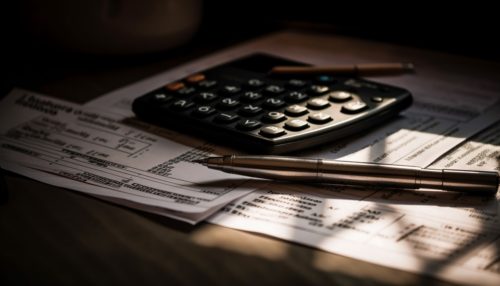
Types of sentences which can be imposed by Courts
20 August 2016
Liquidations
25 November 2016 What is a sequestration?
What is a sequestration?
Sequestration is the voluntary surrendering of your estate under the governance of the Insolvency Act 24 of 1936.
The Lawful requirement in order to surrender your estate is that you must be able to pay your creditors at least 20 cents for each R1.00 of Debt.
The purpose of this specific remedy is in order to free yourself from your creditors and at least 80% of your debt.
The negative effects:
- While being sequestrated and under the care of a Curator, you will not be in a position to conclude any further contracts without the consent of the relevant Curator.
- your credit record would reflect that you were sequestrated
- You will not be in a position to act as a director and or member of a company or closed corporation any more.
A person can be sequestrated on the following two bassis:
Voluntary sequestrations:
This procedure comes into effect where a debtor wishes to sequestrate himself.
Persons whom may apply for Voluntary Sequestrations:
- The Executor of a deceased estate may apply
- Where a Curator Bonis was appointed on behalf of a person whom is unable to manage his own affairs, such curator may apply for sequestration for the person’s estate on whose behalf he is acting as Curator Bonis.
- A debtor or his agent may apply to sequestrate a estate of a natural person
- A Partnership where all the partners is resident in south Africa may apply or their agent
- Where spouses are married in community of property, both spouses may at the same time apply for the joint estate to be sequestrated
Compulsory sequestrations:
According to the Insolvency Act 24 of 1936 an act of Insolvency is the following:
- If a debtor leaves the Republic or being out of the Republic and remains absent with the intent to evade or delay the payment of his debts
- If judgment was given against a Debtor and he fails upon demand to satisfy such judgment and/or that the return made by the officer of the court that the Debtor does not have sufficient disposable property to satisfy such Judgment.
- If he makes or attempts to make any disposition of any of his property which would have the effect of prejudicing his creditors or preferring a creditor above another creditor.
- If he makes or offers to make any arrangement with any of his creditors for releasing him wholly or partially from his debts;
- If he gives notice in writing to any one of his creditors that he is unable to pay any of his debts
For any further queries regarding the above, or to schedule a consultation, contact us!






